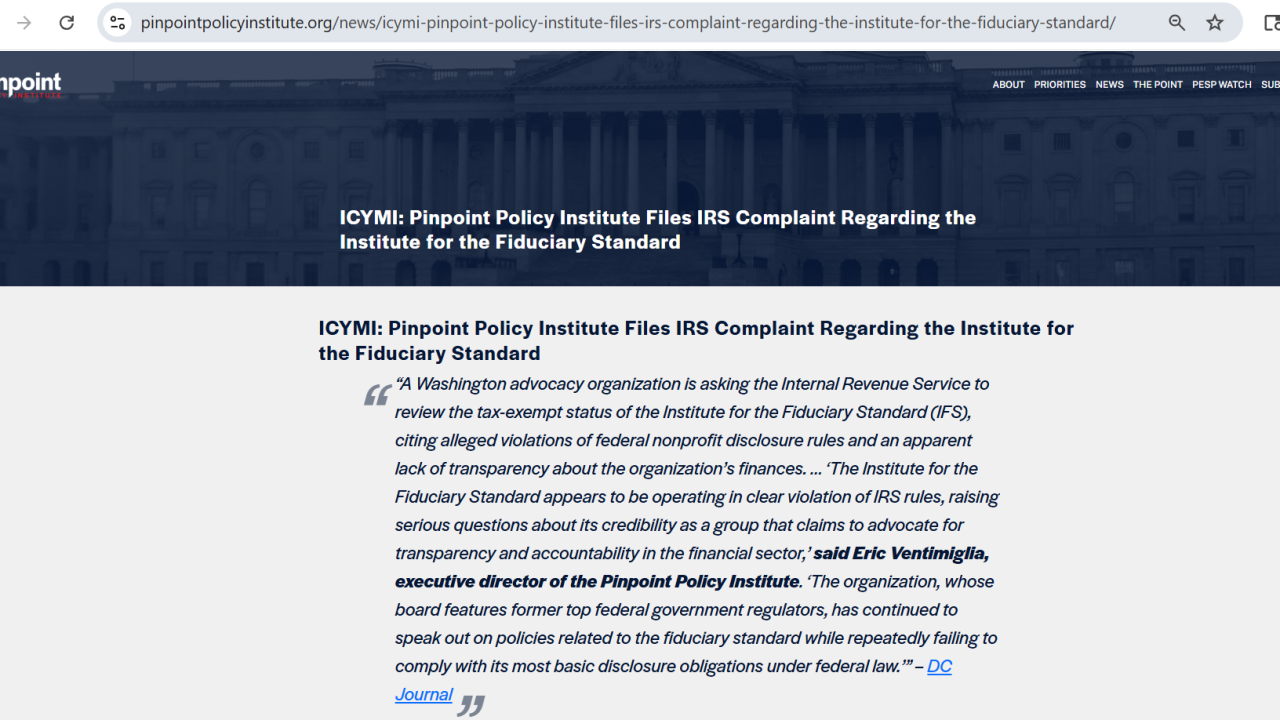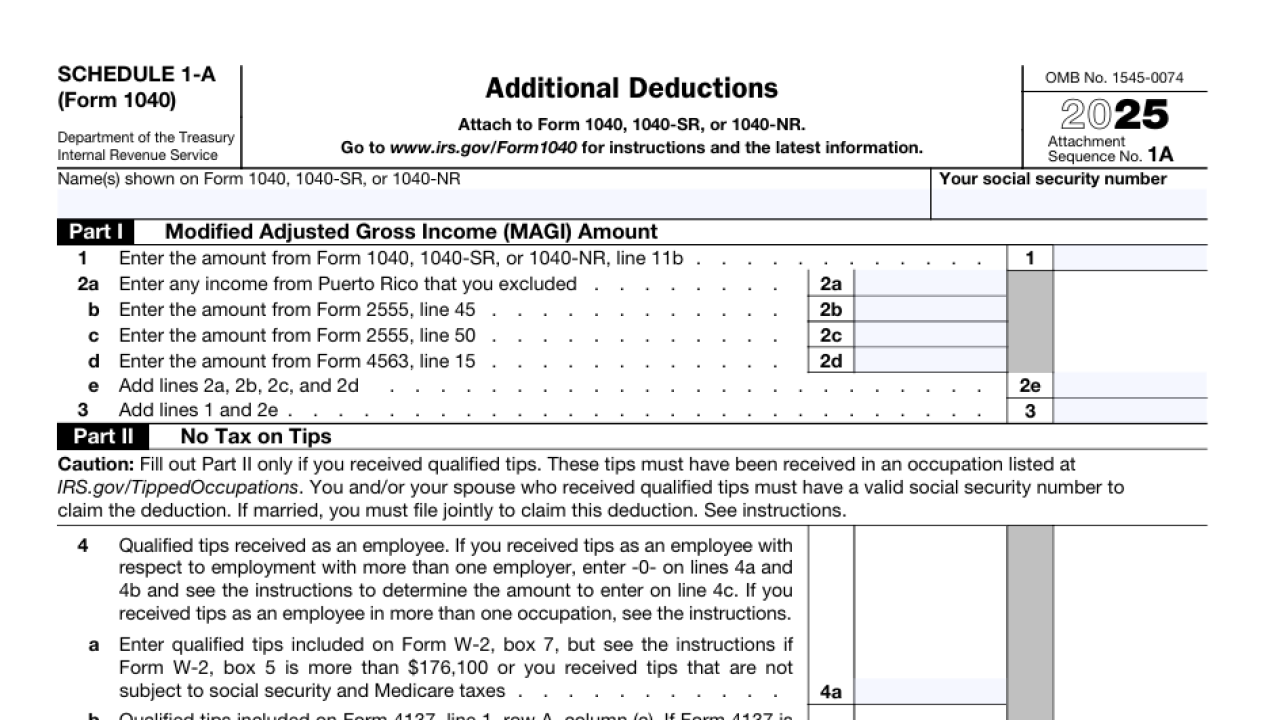Like they’ve done with every stage of their lives, the Baby Boomers are changing what it means to be retired. But unlike other stages where leading edge boomers set the path that middle and second-half boomers followed, retirement is likely to be transformed throughout the boomer generation in such a way that second-half boomers and the generations that follow will experience a very different retirement than their leading edge siblings.
Recently I had the opportunity to hear Marc Freedman, CEO of Civic Ventures and author of the new book, The Big Shift, speak to a small but enthusiastic audience in Denver. His message: Midlife is changing. The longevity gains we’ve seen over the last 100 years haven’t just added years onto the end of our lives, they’ve added quality years to the middle of our lives. For the tail end of the Silent Generation (those age 66 - 85 today) and the leading edge of the Baby Boomers (currently age 46 – 65), those newly found high quality years have come to be considered a retirement vacation – a chance to do what you want to do, not what you feel you have to do.
But as we know, the economic reality for middle and second half baby boomers is not as bright - a term I use very loosely – as for leading edge boomers. The National Retirement Risk Index shows a significantly higher percentage of second-half boomer and Gen X households are at risk of not being able to maintain their standard of living at retirement. Fewer pensions, smaller savings, and more questions around Social Security mean many of those second-half boomers will use those additional middle years continuing to do what they feel they have to do in order to survive. According to a recent survey by Gallup, the number of Americans planning to retire before age 65 has dropped from 50% in 1996 to 29% today, while the percentage of people planning to work until after age 65 has increased from 15% in 1996 to 34% today. This is the first time in the history of the 15-year-old survey that more workers plan to retire after age 65 than before it. While some are planning to work longer because they want to, many will do so because they feel they’ll need to.
It doesn’t require much of stretch to imagine that over the course of one generation the average retirement age will shift as much as 10 years. Many leading edge boomers hoped to – and eventually did – retire at age 62 or sooner, while many second-half boomers may well be working – because they need to – well into their 70’s or beyond.
For our clients, the challenge then becomes both personal and professional. Do these extra middle years of working become just an extension of their current career? For those who enjoy their jobs the answer may be an easy yes. But what do you tell the 55-year old who’s burned out but looking at another 15 - 20 years of work? Should they just “hang in there” until they can reach the retirement finish line, or is it time to start a new race? Clearly that’s a decision only they can make, but as their retirement advisor, your input is highly valued.
Too often many of our clients assume they need to cross that finish line before they can finally go do what they want. As advisors it’s easy to not challenge that assumption. If they continue doing what they’re doing, the plans we’ve created have a much higher chance of working out. But at what price? How many of our clients dreams die while waiting to cross the retirement finish line? If our job is to help them achieve their goals we need to be willing to change the conversation away from retirement to identifying and achieving their life goals regardless of financial independence. Will it take more work on both parts? You bet. But as the ads say, the relationships generated in the process – priceless.
Keith J. Weber, CFP®, CPRC, is a speaker, author and founder of Weber Consulting Group, LLC, a financial advisor training, coaching and practice management consulting firm focused on providing life planning skills to advisors. Through the website Retirement2020.com, Keith provides tools to advisors and clients to help build stronger client relationships. Keith maintains the CFP® designation and is also a Certified Professional Retirement Coach. His latest book, Rethinking Retirement, was released in July, 2010. For more information visit





